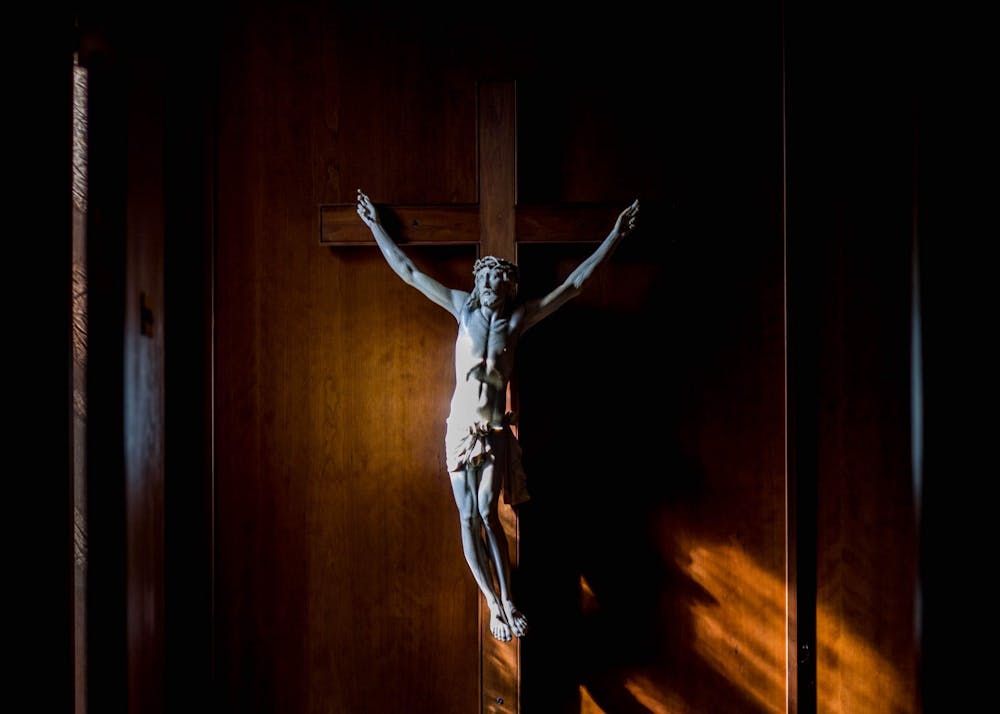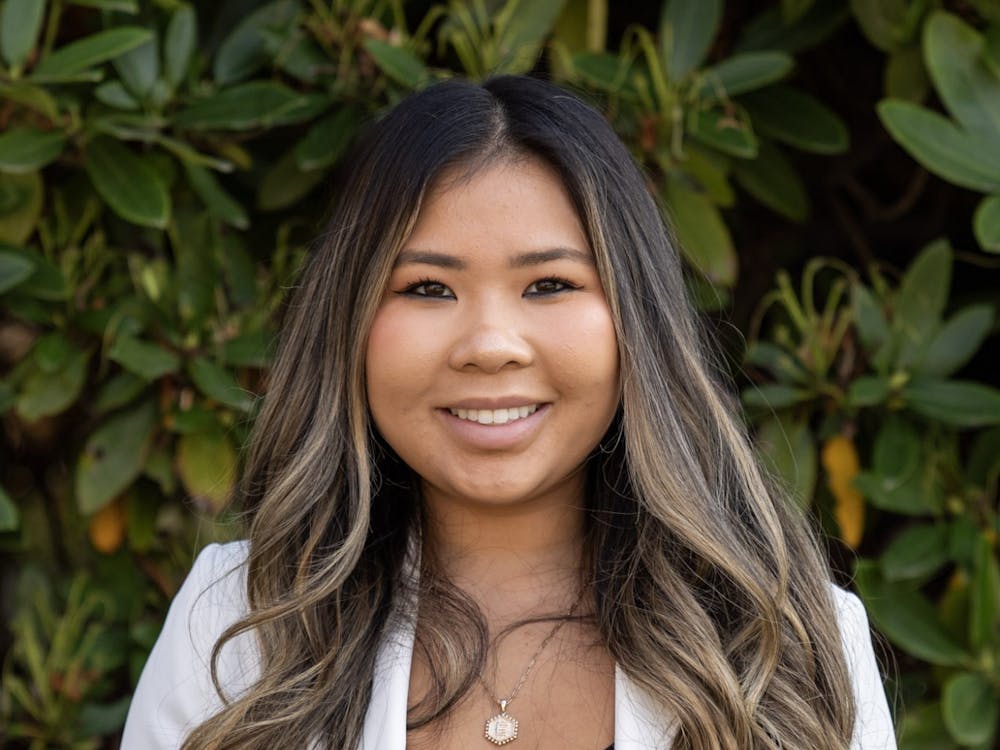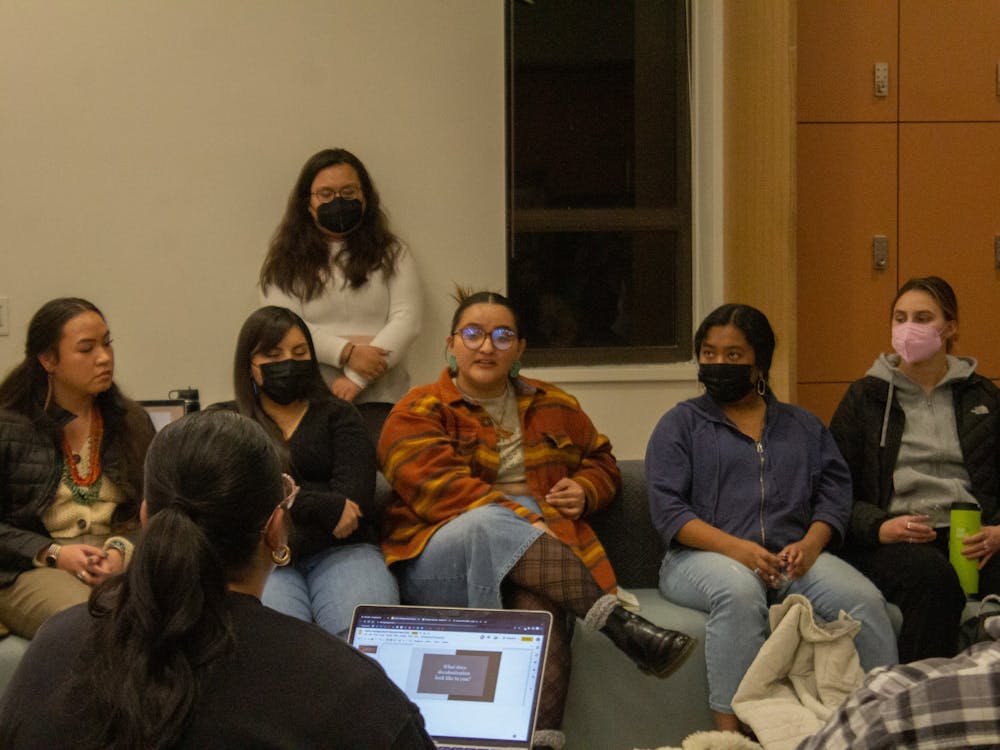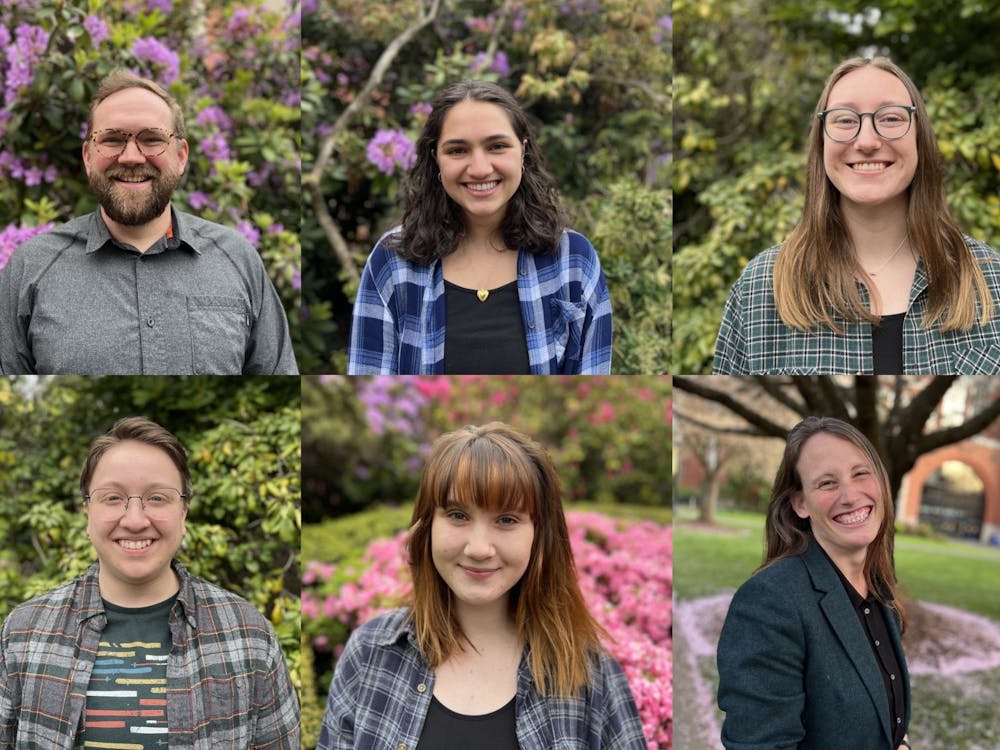A 17-page document issued by the Archdiocese of Portland calling on Catholic schools and youth programs to “not endorse gender identity theory nor enable any form of gender transition,” will not affect UP’s support of transgender and gender-nonconforming people at UP, according to a University spokesperson.
The document, titled “A Catholic Response to Gender Identity Theory,” included a list of “pastoral guidelines” that outlined how Catholic institutions should treat transgender and gender non-conforming individuals.
“Catholic institutions and programs should not endorse gender identity theory nor enable any form of gender transition, whether social or medical,” the document said. “This means that names, pronouns, facilities use, attire and sports participation should depend upon biological sex identity rather than self-perceived gender identity.”
While the document stipulates that the pastoral guidelines are directed at Catholic institutions serving students under 18-years-old, it also includes broad statements surrounding Catholic beliefs. In his opening statement, Archbishop Alexander Sample identified his reason for the document as being “to provide clarity on the Catholic Church’s teaching on gender identity theory.”
The University of Portland, a Catholic institution, has responded to the statements made by the Archdiocese in a statement to The Beacon.
“At University of Portland, we are building a community where people of all sexual orientations and gender identities feel heard, affirmed, valued, and respected,” Vice President for Marketing & Communications Michael Lewellen said in an email. “Our embracing of diversity, equity, inclusion, justice and access not only aligns with our Catholic, Holy Cross mission, but also sustains this institutional priority.”
The document has received national attention following its release, and August Stone, president of UP’s Gender and Sexuality Partnership club, has had members of the UP community approach him in regards to the statements made by the Archdiocese.
“A lot of people have been asking us because they know us as leaders on this campus for issues related to this,” Stone said.
While the document does include statements of compassion for transgender and gender non-conforming individuals, Stone points out the significance of what the Archdiocese said, and the impact it can have on LGBTQ+ youth.
“Frankly, what the archbishop said was dangerous,” Stone said. “There’s research showing that the importance of using chosen names with younger people decreases the risk of suicide and depression greatly.”
With such potential of harm coming from the Archdiocese statements, Stone encourages the University to be active about how they treat students when it comes to matters of gender identity.
“In that statement they say ‘we want gender identities to feel affirmed,’ but they don't say ‘we affirm the dignity of gender identities’,” Stone said. “That’s just something interesting to note … because it's one thing to feel affirmed. It's another thing to be affirmed.”
Content within the guidelines made by the Archdiocese contains rhetoric that may be considered harmful to members of the LGBTQ+ community. A link to the 17-page document made by the Archdiocese can be found here.
Kate Cuadrado is the News and Managing Editor for The Beacon. She can be reached at cuadrado24@up.edu.








